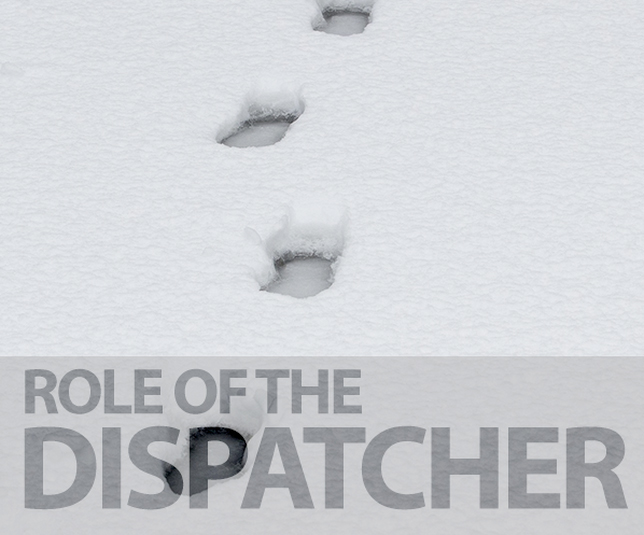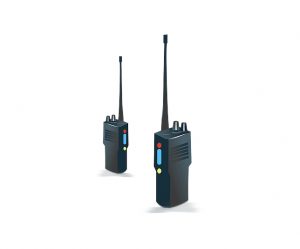The Dispatcher also has an important role when it comes to customers. During a snow event, if anything is amiss on a site it should be immediately reported to the Dispatcher. A good Dispatcher will then immediately advise the (commercial) customer of what the problem might be. Most business’s now have email capability. By informing the customer during the event, and right after being advised of the problem, you gain credibility with the customer. You cannot communicate too often to the customer.
For example: Your subcontractor arrives on the site only to find that the automatic gate’s wood arm is damaged. The sub contacts Dispatch and informs them of the damage prior to beginning plowing operations. Good subs (and properly trained employees) will do this so that they are not inadvertently blamed for causing the damage. The Dispatcher then faxes or emails notification to the commercial customer’s point of contact that the arm is damaged, and was damaged prior to our arrival on the site. In this way the customer has a ‘time stamped’ document attesting to the fact that his honest contractor dutifully notified him of a problem on the site. Some companies have armed their “managers” or area supervisors with digital cameras, with instructions to take oodles of pictures during plowing operations. Emailing such pictures can add credibility to your claim of damage done prior to onset of plowing operations. This also lends credibility to what you are doing and avoids the potentially embarrassing situation where you are left answering questions that are raised the next day, or when the bill arrives, to the effect of “Hey, what about that damaged lift gate that your guy ran through during the last snowstorm?” You are then operating from a position of weakness as the customer has now already theorized what happened, leaving you to fight to change his mind.




